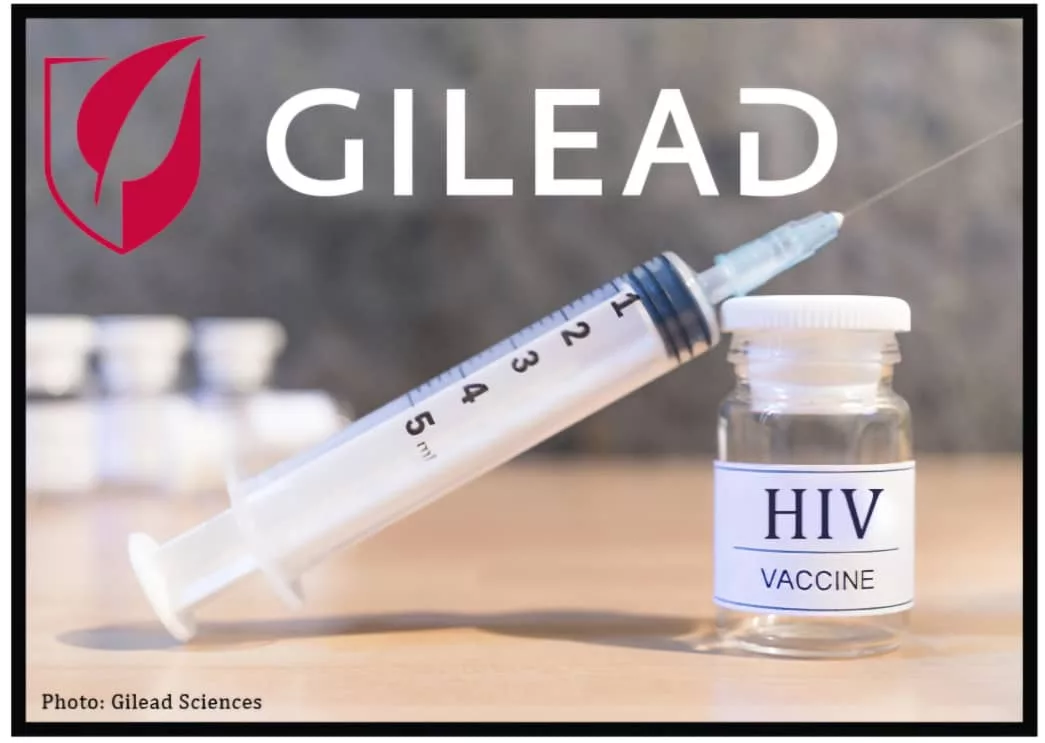|
Getting your Trinity Audio player ready...
|
Gilead Sciences is poised to supply its groundbreaking twice-yearly injection, lenacapavir, to low-income countries, pending FDA approval, writes Catherine Murombedzi.
The twice-yearly jab has shown nearly 100% effectiveness in preventing HIV infection in large trials, sparking hope that it could help end the 44-year-old.
The Food and Drug Administration’s approval is the crucial next step, with a decision expected by June 19. If approved, lenacapavir could start rolling out to at least 2 million people in 18 low-income countries as early as 2026, based on Gilead’s agreement with PEPFAR and the Global Fund.
US GOVERNMENT APPROVAL
The US government’s approval and funding commitment are also essential for the rollout of lenacapavir in low-income countries. Gilead’s agreement with PEPFAR and the Global Fund relies on US government support, which has faced uncertainty due to funding pullbacks.
GLOBAL IMPACT
If approved, lenacapavir could be a game-changer in the fight against HIV, particularly in sub-Saharan Africa, where women and girls are disproportionately affected.
The injection’s potential to prevent HIV infection could save millions of lives and help bring an end to the epidemic. The HIV/AIDS epidemic has had a devastating impact on global health, with approximately 42.3 million people having died from AIDS-related illnesses since the start of the epidemic. In 2023 alone, around 630,000 people lost their lives to AIDS-related causes worldwide. Despite progress in reducing new infections and AIDS-related deaths, the disease remains a significant public health challenge.
PREVENTION
Prevention efforts have been instrumental in combating the epidemic. New HIV infections have been reduced by 60% since the peak in 1995, and AIDS-related deaths have decreased by 69% since 2004 and 51% since 2010. However, certain populations, such as young women and girls, gay men, sex workers, people who inject drugs, and transgender people, remain disproportionately affected by HIV.
BREAKTHROUGH
Lenacapavir could start rolling out to at least 2 million people in 18 low-income countries as early as 2026, potentially helping to bring an end to the epidemic. Southern Africa bears the brunt of the epidemic. With its potential to prevent new infections and save lives, lenacapavir offers new hope in the global fight against HIV/AIDS.
Feedback: [email protected]*






